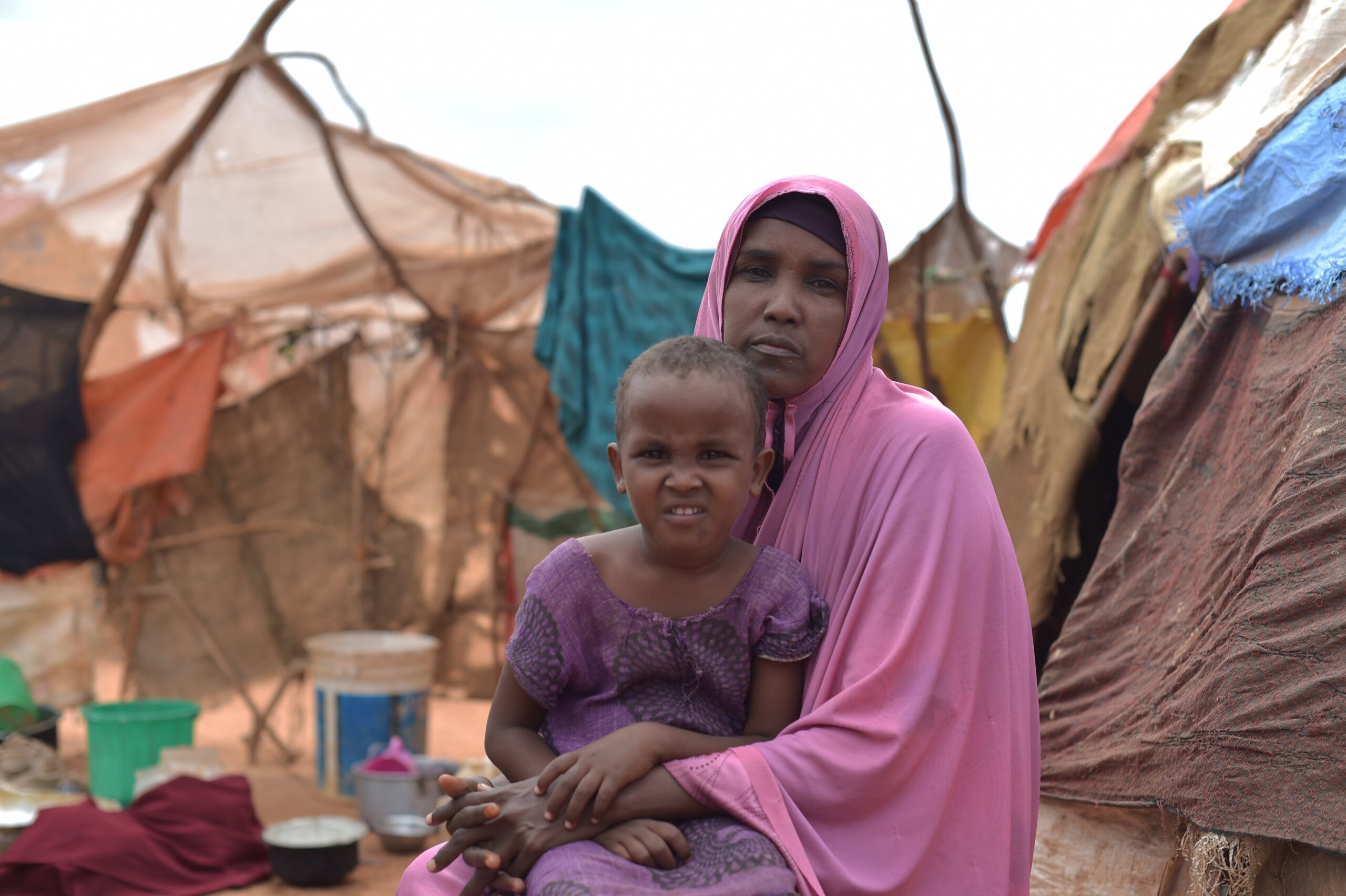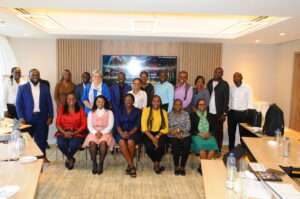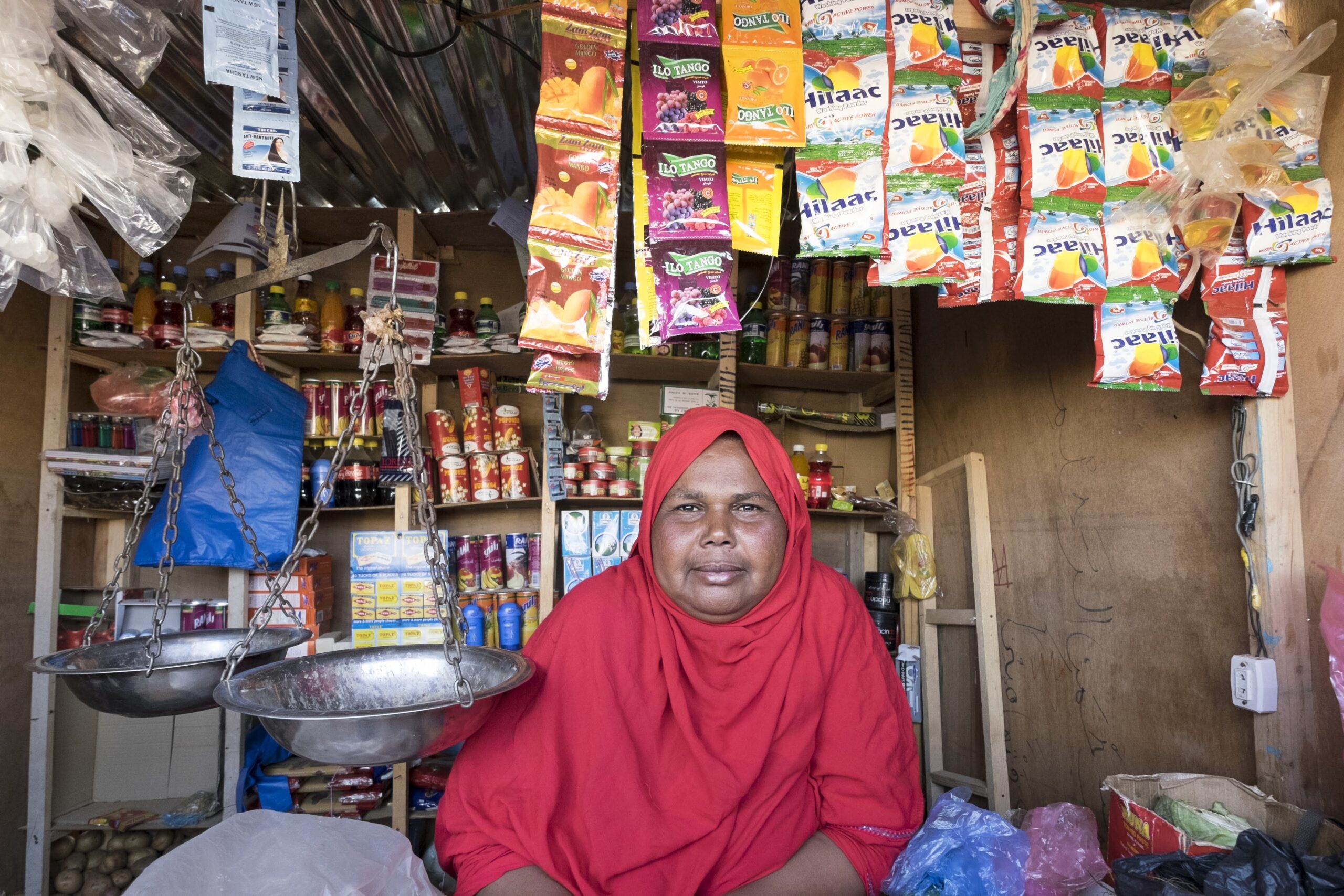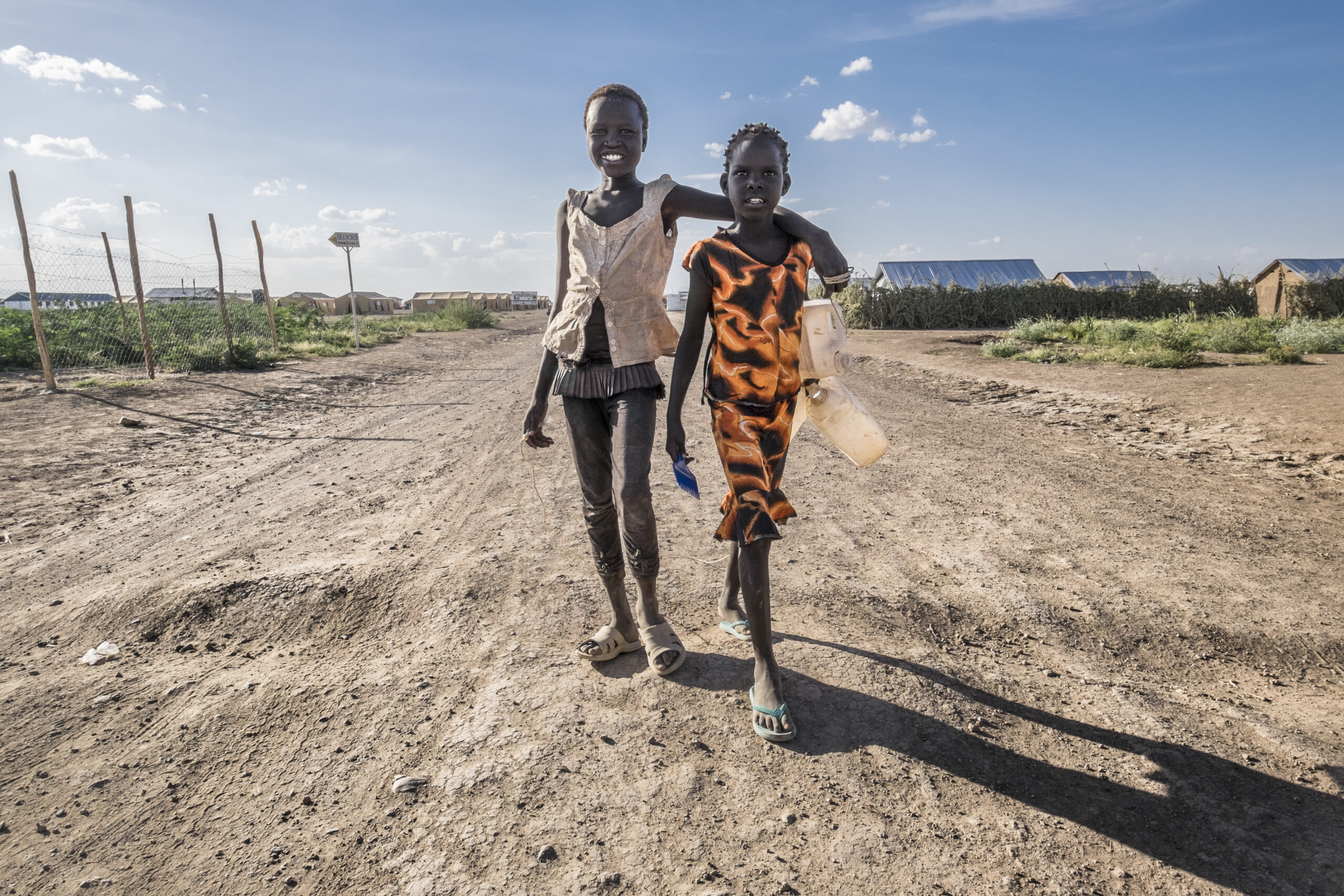Since the conflict erupted in South Sudan in December 2013 and famine was declared on 20 February 2017, over 1.5 million South Sudanese have been forced to flee, out of which 885,818 are hosted in Uganda making it the world’s fastest-growing refugee crisis. Uganda is considered exemplary for its favourable out of camp policies for refugees, which includes freedom of movement, right to work, land for each refugee family to settle and cultivate, access to public services and access to travel and identity documents. Uganda’s inclusive refugee policy anticipates empowering refugees to become economically self-reliant while granting them many of the same privileges that nationals enjoy. While there is no denying that Uganda has been a leader among refugee host nations, it is also critical to continue to support the country to address key challenges especially due to the recent massive South Sudanese refugee influx. A solutions-oriented approach must inevitably have a primary focus on building refugee self-reliance and resilience in the country of asylum. This brief presents key steps on how the international community can promote, support and facilitate solutions processes in Uganda in the early stages of displacement.



